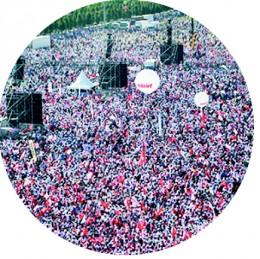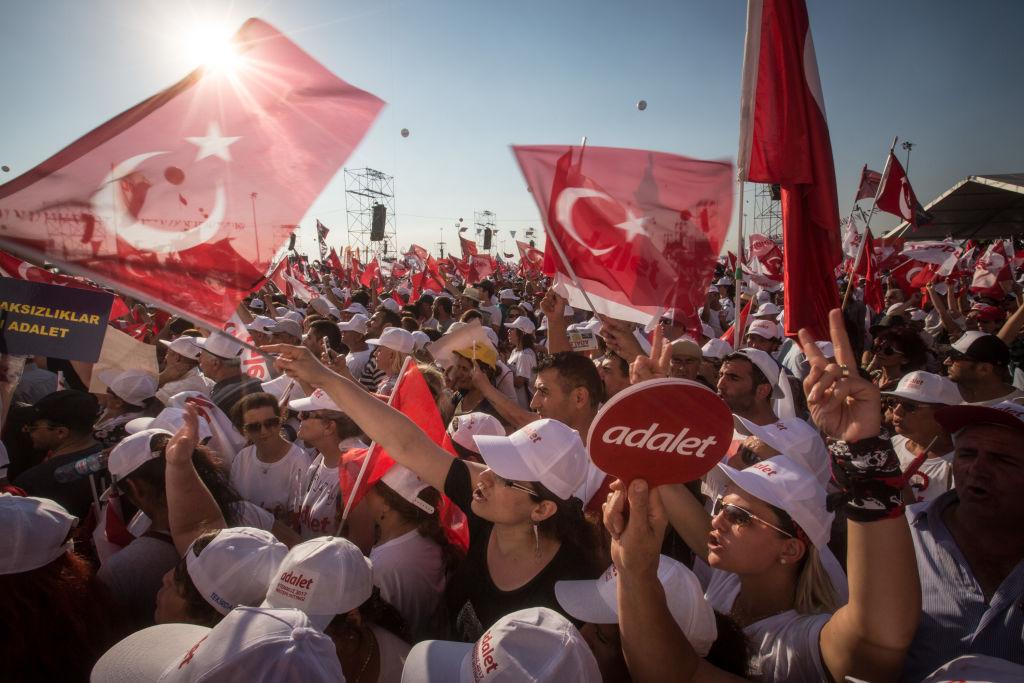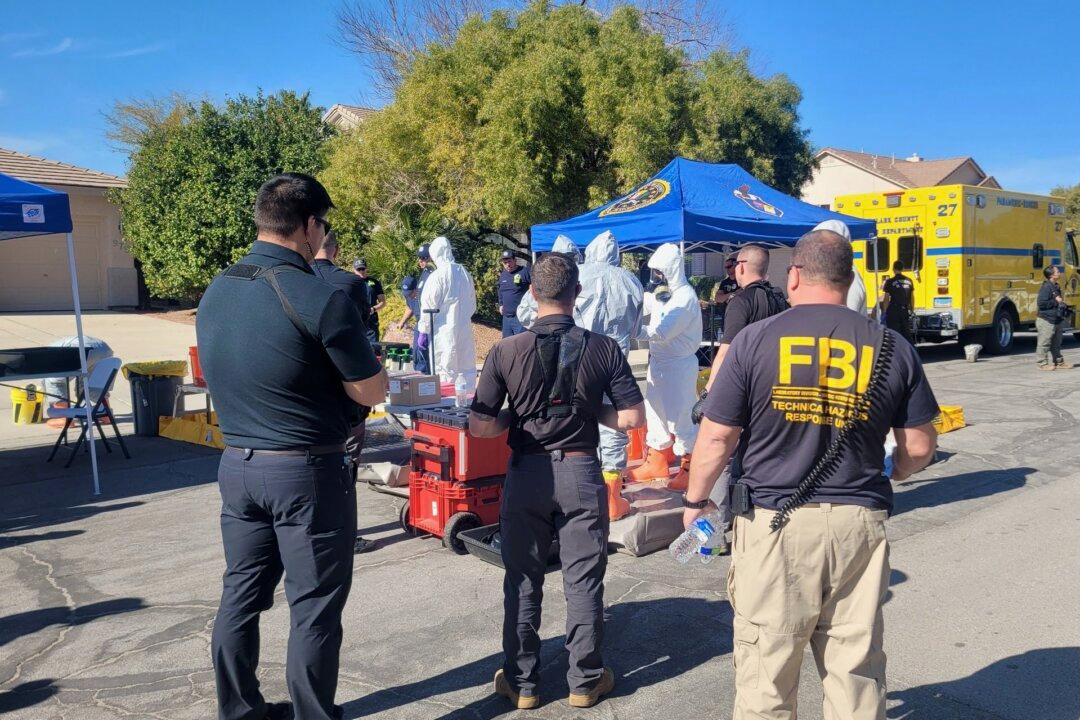Tens of thousands of protesters streamed into the Turkish city of Istanbul on July 8, completing a 25-day, 250-mile trek, as part of demonstrations against Turkish President Recep Tayyip Erdogan.
The March for Justice was led by Kemal Kilicdaroglu, the head of Turkey’s main opposition party, the Republican People’s Party (CHP). The trek took him and supporters northwest from the inland capital city Ankara to Istanbul, under the blazing sun and occasional heavy rain. Kilicdaroglu, who has been called “Gandhi Kemal” for his physical resemblance to the Indian independence leader, started the journey with hundreds of supporters and mobilized tens of thousands more along the way.

Nearly 1.6 million attended the "Justice Rally" in Istanbul on July 9, 2017, according to Turkey's main opposition party, Republican People's Party. YASIN AKGUL/AFP/Getty Images





